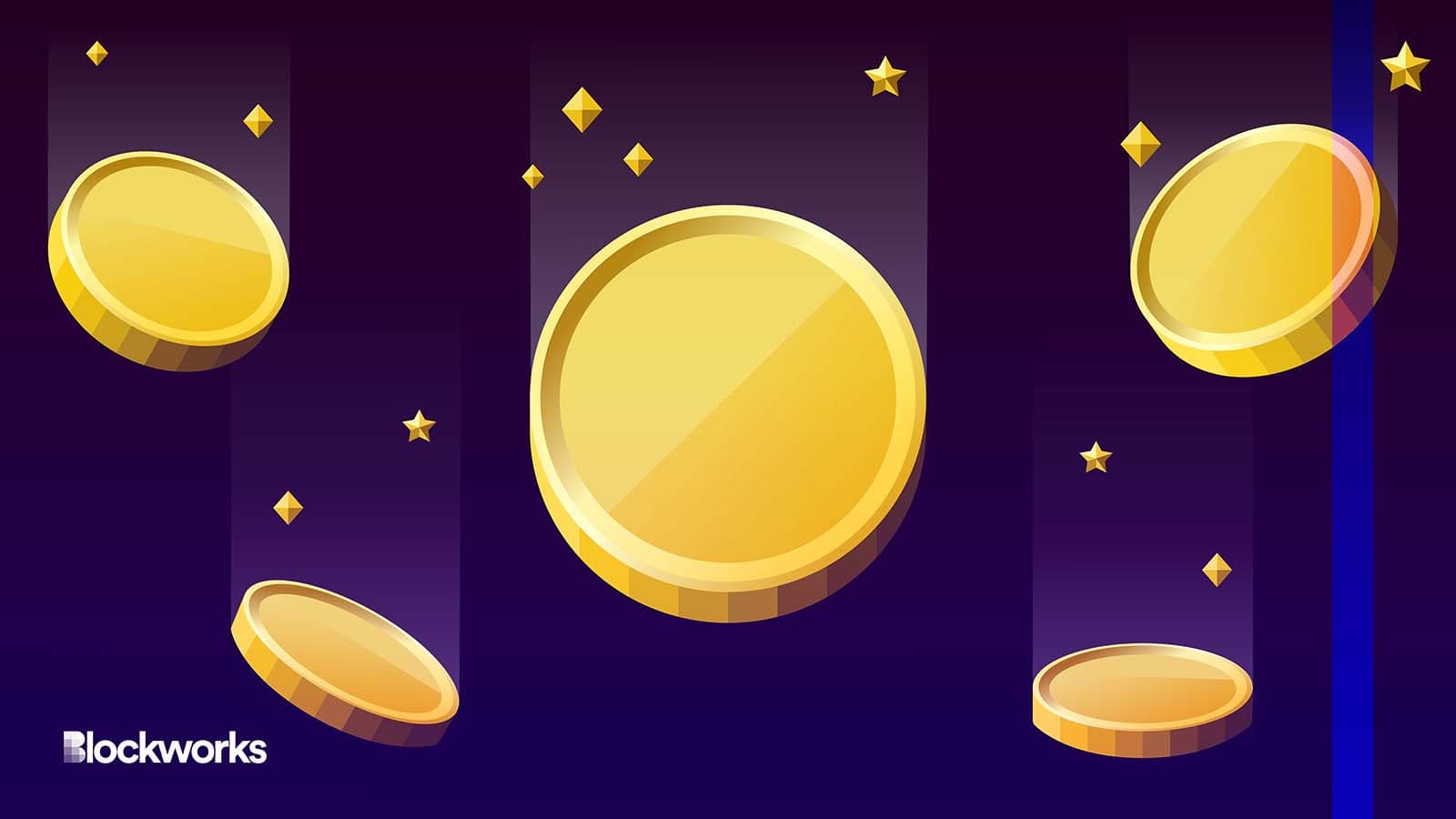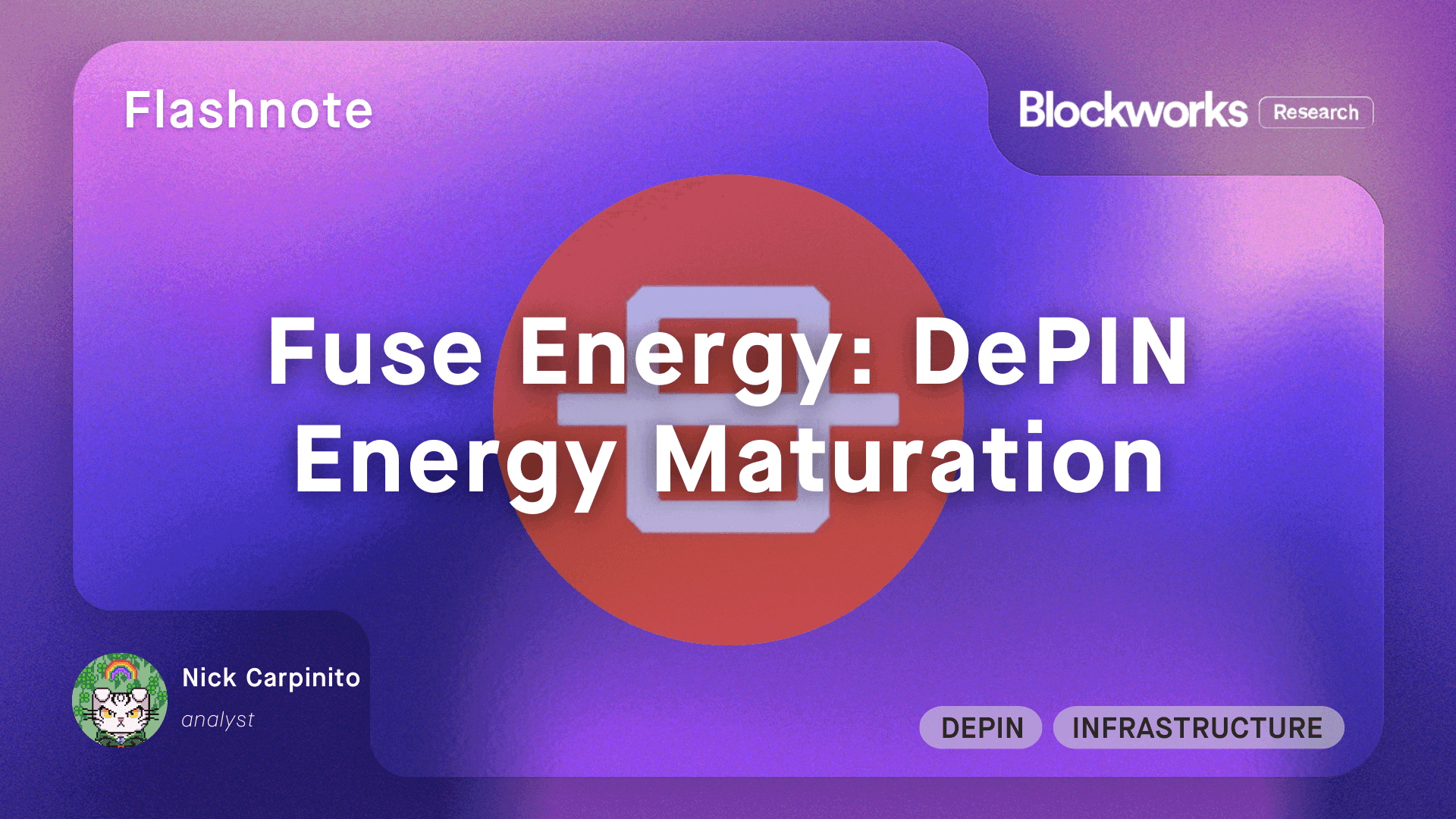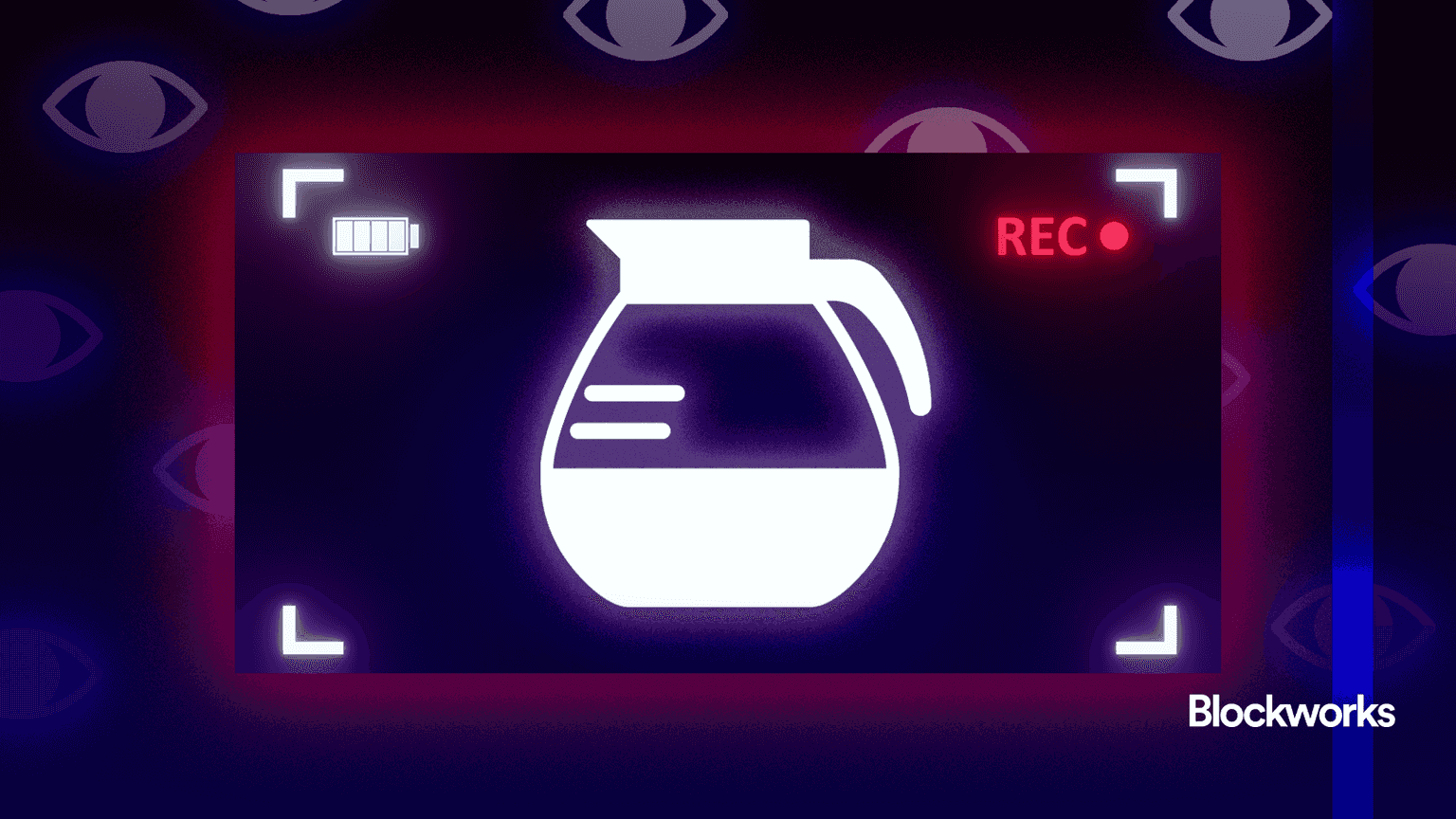Swiss Banks Agree With JPMorgan: Deposit Tokens Are a Way Into DeFi
The alternative to private stablecoins — proposed to be built on public blockchain — more likely to gain broad acceptance, the Swiss Bankers Association argues

Inactive design/Shutterstock.com modified by Blockworks
Swiss banks are exploring an alternative to private stablecoins in an effort to support the country’s economy in digital asset transaction settlements and payments execution.
The Swiss Bankers Association (SBA) revealed in a white paper it is researching the potential of a deposit token (DT) — a digital currency in the form of tokenized deposits based on distributed ledger technology.
“This kind of stablecoin, if carefully designed, would potentially allow for a wide range of new applications, reduce risks, increase efficiency, and open up whole new areas of business,” the group wrote in the report.
The SBA comprises about 260 member institutions, including banks, securities firms, financial market infrastructures and auditors.
Stablecoins for certain market participants — though inaccessible to the general public — already exist in Switzerland. SIX Digital Exchange and Sygnum, for example, both offer stablecoins backed by reserves for transactions on their own platforms within a closed ecosystem.
But private stablecoins are unlikely to gain broad acceptance because they lack the regulated nature of conventional money, the SBA argued. “An alternative that guarantees the required reliability and enjoys sufficiently broad legitimation like conventional money is therefore needed.”
“The DT idea instead focuses on the need of many companies and households for a customized, digital Swiss franc that is issued by regulated and adequately supervised intermediaries,” SBA said.
A deposit token would allow for fully automated and simultaneous settlement of digital asset transactions — getting rid of the need to deposit collateral with the central clearing house.
The DT could serve to settle wallet-based retail payments in combination with smart contracts. It could also enable the direct transfer of ownership with no counterparty risk when a car is sold, for example, or facilitate large, infrequent batch payments between companies.
The best type of DT would be a “joint token,” the SBA said — for which a special-purpose vehicle jointly owned by participating commercial banks issues a single DT that is fully or partially backed by secure and highly liquid reserves. Such a token would also be able to accrue interest if held in a wallet with a bank, making it similar to conventional deposits.
The SBA noted that accessibility, interoperability and scalability would be key for deposit tokens, noting that implementation on a public layer-2 blockchain would best achieve those goals.
JPMorgan also into deposit tokens
The report comes after banking giant JPMorgan and consulting firm Oliver Wyman said in a joint study that bank-issued deposit tokens are much safer than stablecoins for major institutions looking to transfer value across chains.
The rise of decentralized finance (DeFi) protocols may also result in the creation of liquidity pools for deposit tokens, according to the report. These pools would be established by token holders who supply their deposits as liquidity on decentralized exchanges.
Larry Fink, CEO of asset management titan BlackRock, has said the tokenization of assets is an attractive use case for “driving efficiencies in capital markets, shortening value chains, and improving cost and access for investors.”
The world’s largest asset manager, with roughly $8 trillion under its control, continues to explore permissioned blockchains and the tokenization of stocks and bonds, according to Fink.
Get the news in your inbox. Explore Blockworks newsletters:
- The Breakdown: Decoding crypto and the markets. Daily.
- 0xResearch: Alpha in your inbox. Think like an analyst.






